If you're a teacher educator passionate about equity, inclusion, and social justice—or even if you're just getting started in this space—you’re going to want to bookmark this.
In a recent episode of our podcast, I was joined by three amazing colleagues from the University of Limerick in Ireland: Prof. Elaine Murtagh, Dr. Carmen Barquero Ruiz, and Dr. Antonio Calderón. Together, they’ve helped create not one, but two freely available, research-informed toolkits to support social justice in teacher education. And honestly? They’re gold.
Let me walk you through what these toolkits are, where they came from, and why they’re game-changers.










